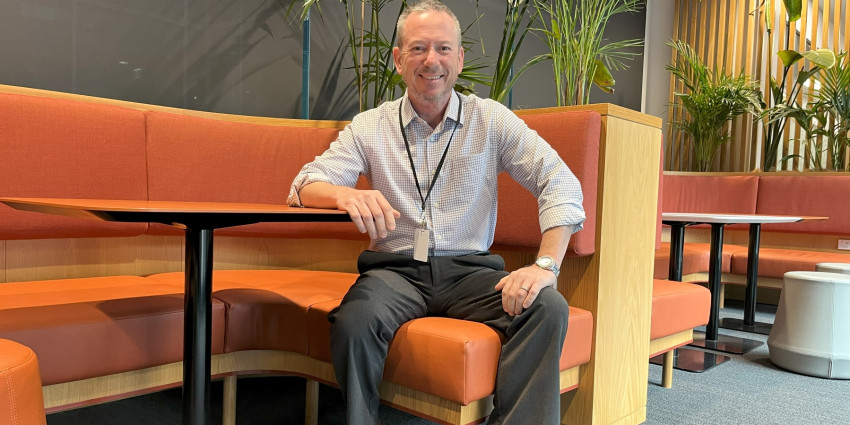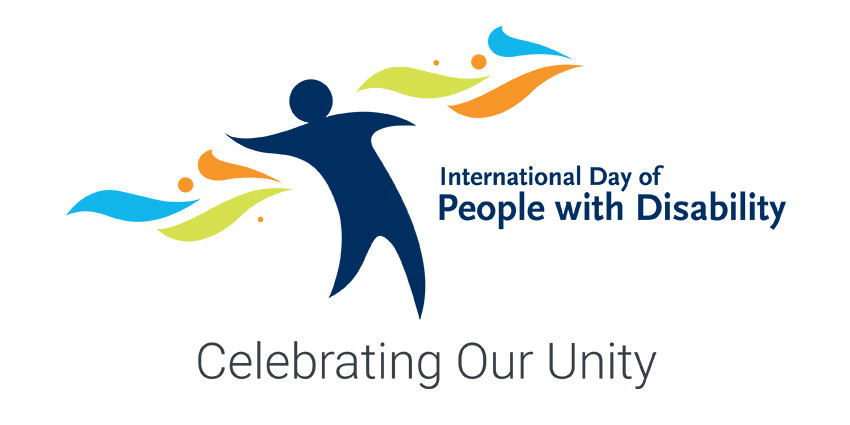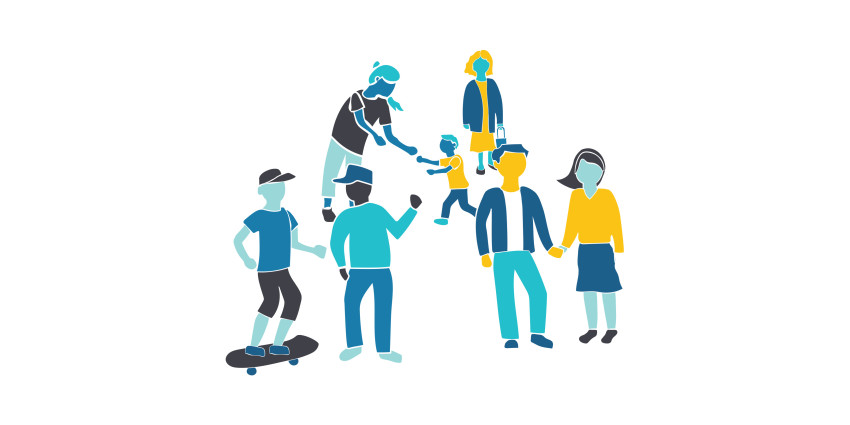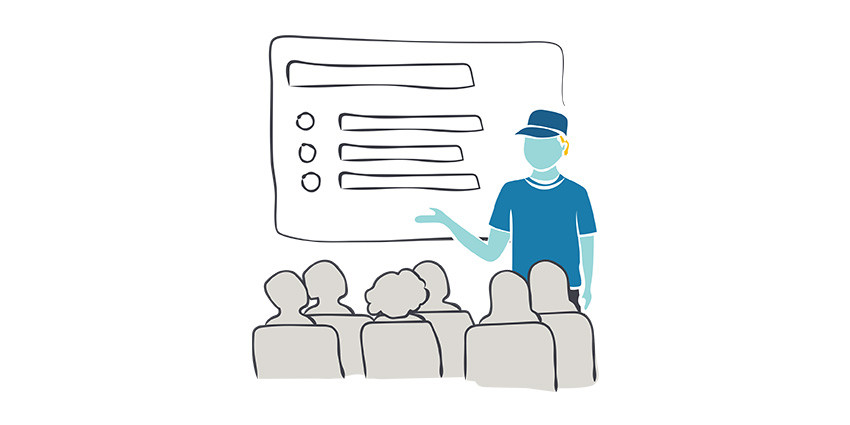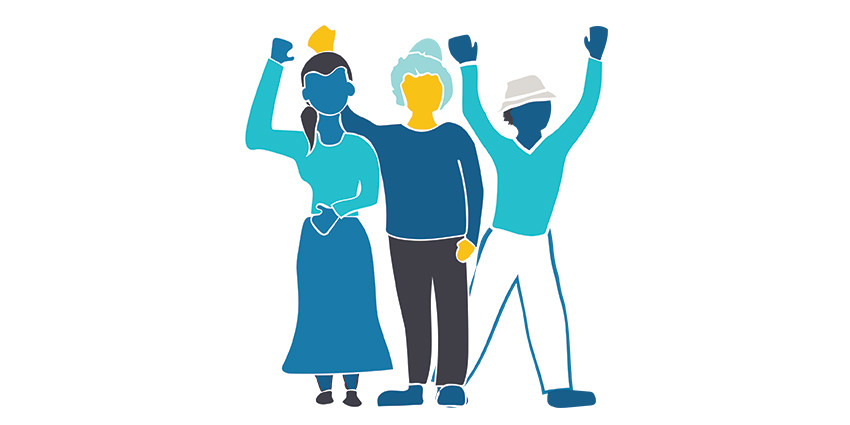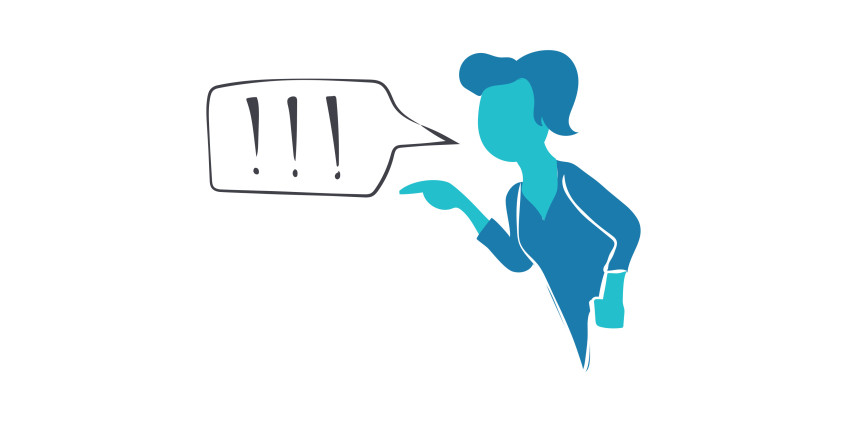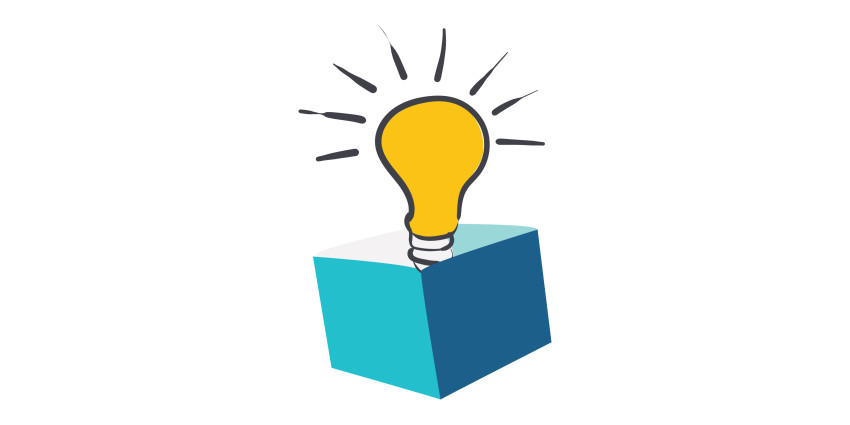International Day of People with Disability (IDPwD) is a United Nations observed day celebrated throughout the world each year on 3 December. The day aims to increase public awareness, understanding and recognition of people with disability and celebrate their achievements and contributions.
IDPwD offers an opportunity for individuals and the community to make positive changes to the lives of the 515,600 Western Australians with disability.
Western Australian theme
Western Australia’s theme for 2025 is ‘Celebrating Our Unity’, which recognises that by working together, we build stronger communities and achieve better outcomes for people with disability.
We all have a role to play in creating an inclusive community. Disability is not a barrier to living full, independent lives where people can reach their full potential. Everyone should be able to participate fully, safely and free from prejudice in everyday life.
A Western Australia for Everyone: State Disability Strategy 2020-2030 reinforces a whole of community commitment to supporting people with disability and sets the foundation for building a more inclusive Western Australia.
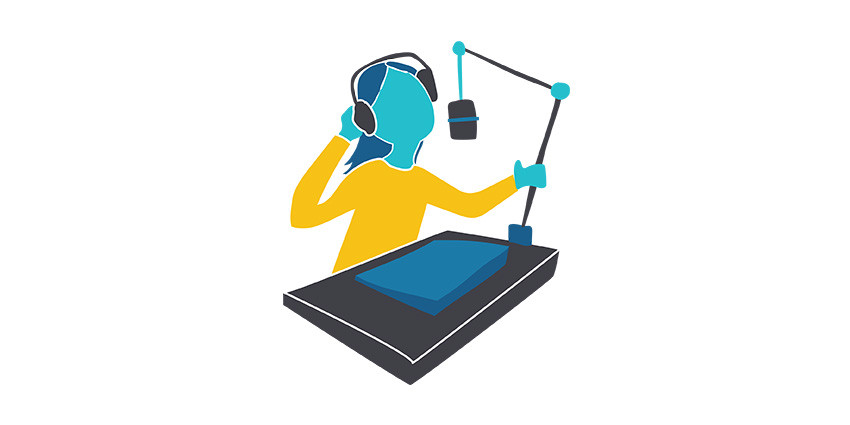
International Day of People with Disability – Minister's message
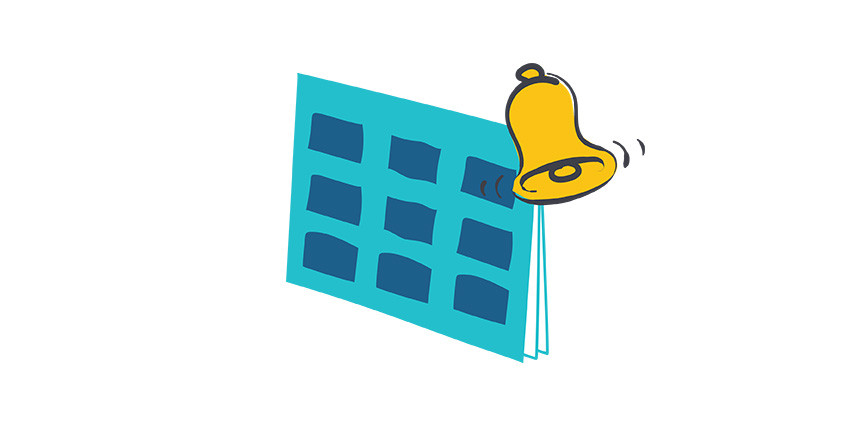
What's on
Announcements
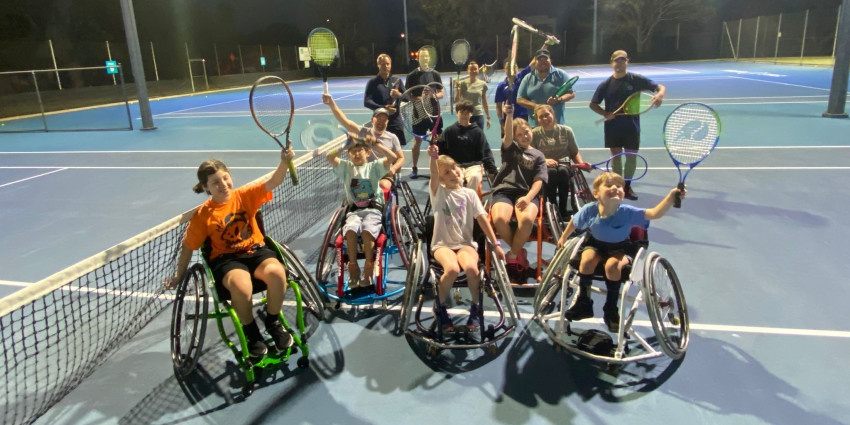
Champions leading the way in access and inclusion
